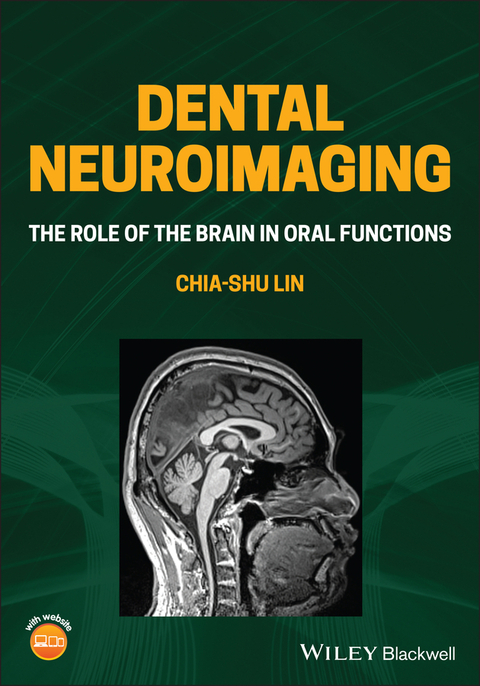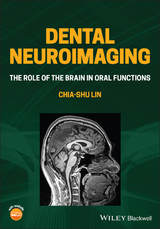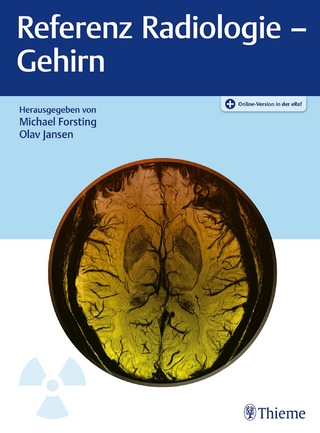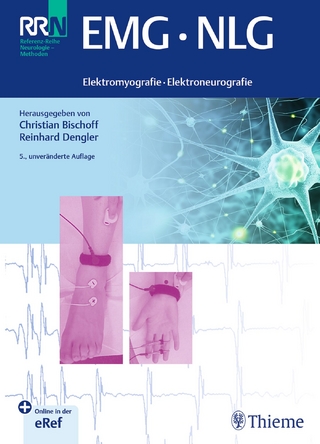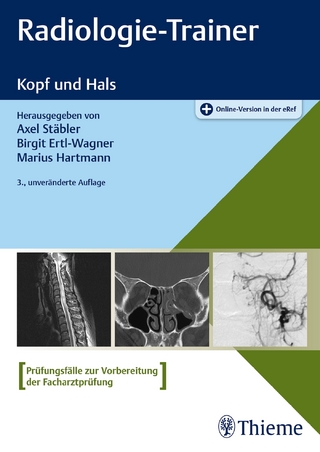Dental Neuroimaging
Wiley-Blackwell (Verlag)
978-1-119-72420-9 (ISBN)
»Dental Neuroimaging: The Role of the Brain in Oral Functions« provides an up-to-date overview of neuroimaging research on the neural mechanisms underlying mastication, swallowing, sensory processing, and other oral topics.
Divided into three parts, the book first introduces the theoretical framework of the brain-stomatognathic axis, clinical assessments for oral function, and neuroimaging methods. The second part presents recent neuroimaging findings of oral sensory and motor functions such as somatosensation, gustation, and orofacial pain and anxiety. The book concludes with a review of recent translational research and discussion of the application of neuroimaging in clinical management. Throughout the text, boxed sections highlight key information about cognitive neuroscience, imaging techniques, interpreting neuroimaging results, and relating research findings to clinical practice.
- Covers specific clinical applications of dental neuroimaging in geriatric dentistry and in brain plasticity and adaptation
- Summarizes classic research works in neuroscience and oral science
- Discusses potential clinical applications of neuroimaging in dental practice
- Features chapter summaries, further reading links, guided clinical scenarios, and numerous figures and tables
Offering a systematic introduction to brain science and how it relates to dental medicine, »Dental Neuroimaging: The Role of the Brain in Oral Functions« is essential reading for students and researchers in disciplines such as neuroscience, neuroanatomy, oral physiology, dentistry and oral healthcare, speech therapy, and oral rehabilitation.
Chia-Shu Lin, Professor, Department of Dentistry, National Yang Ming Chiao Tung University (NYCU), Taiwan. Dr Lin is one of the few researchers specializing in both clinical dentistry and human brain science, focusing on neuroimaging. His current work explores the brain mechanisms of oral sensorimotor functions and the cognitive-affective processing of pain and dental anxiety.
Preface
Introduction to students and instructors
Acknowledgements
About the Companion Website
List of figures
List of tables
List of boxes
List of abbreviations
Part I - Methods of Neuroimaging and Assessment of Oral Functions 1[MT1]
1 Introduction to Neuroimaging and the Brain-Stomatognathic Axis 3
1.1 Why do dentists need to understand the brain? 3
1.2 What is neuroimaging? 7
1.3 How does neuroimaging contribute to clinical practice? 14
1.4 The brain-stomatognathic axis 17
2 Assessment of Human Brain using MRI 27
2.1 Pros and cons of magnetic resonance imaging of the brain 27
2.2 Research of task-based functional activation 33
2.3 Research of structural features of the brain 42
2.4 Research of brain connectivity 50
3 Assessment of Oral Function 69
3.1 Assessment of masticatory and swallowing performance 69
3.2 Assessment of orofacial pain and somatosensory experience 79
3.3 Assessment of cognitive functions and emotional experience 90
Part II - Neuroimaging Research of Brain Mechanisms of Oral Functions 107
4 Brain Mechanisms of Oral Motor Functions 109
4.1 Introduction of brain mechanisms of motor control 109
4.2 Brain mechanisms of human mastication 117
4.3 Brain mechanisms of human swallowing 127
4.4 Cognitive processing and motor learning of oromotor movement 134
5 Brain mechanisms of Oral Sensory Functions 151
5.1 Brain mechanisms of oral somatosensory processing 151
5.2 Brain mechanisms of gustation 160
5.3 Cognitive-affective issues of oral sensory functions 165
5.4 Brain mechanisms of multisensory integration 174
6 Brain Mechanisms of Pain and Anxiety of Dental Patients 189
6.1 Brain mechanisms related to pain 189
6.2 Chronic pain, neural plasticity, and central sensitization 198
6.3 Brain mechanisms of chronic orofacial pain 205
6.4 Brain mechanisms of dental fear and anxiety 217
Part III - Translational Research of Dental Neuroimaging 243
7 Age-related Differences in the Brain-Stomatognathic Axis 245
7.1 Age-related differences in brain mechanisms 245
7.2 Age-related changes in oral sensorimotor functions 252
7.3 Association between the brain and oral functions in older people 262
7.4 Association between oral conditions and neurodegenerative disorders 269
8 Brain Mechanisms of Adaptation of Oral Sensorimotor Functions 295
8.1 Brain plasticity and adaptation 295
8.2 Adaptation of pain and oral sensory functions 301
8.3 Functional adaptation of mastication and swallowing 310
8.4 Brain plasticity associated with oral functional training 315
9 A Synthesis between Neuroimaging and Oral Healthcare 327
9.1 Assessment of individual differences in brain-stomatognathic axis 327
9.2 Future direction of neuroimaging in oral neuroscience 333
Index
| Erscheinungsdatum | 09.03.2022 |
|---|---|
| Verlagsort | Hoboken |
| Sprache | englisch |
| Maße | 179 x 254 mm |
| Gewicht | 676 g |
| Einbandart | kartoniert |
| Themenwelt | Medizinische Fachgebiete ► Radiologie / Bildgebende Verfahren ► Neuroradiologie |
| Medizin / Pharmazie ► Zahnmedizin ► Klinik und Praxis | |
| Naturwissenschaften ► Biologie | |
| Schlagworte | Neuroradiologie • zahnärtzliche Radiologie |
| ISBN-10 | 1-119-72420-1 / 1119724201 |
| ISBN-13 | 978-1-119-72420-9 / 9781119724209 |
| Zustand | Neuware |
| Informationen gemäß Produktsicherheitsverordnung (GPSR) | |
| Haben Sie eine Frage zum Produkt? |
aus dem Bereich
